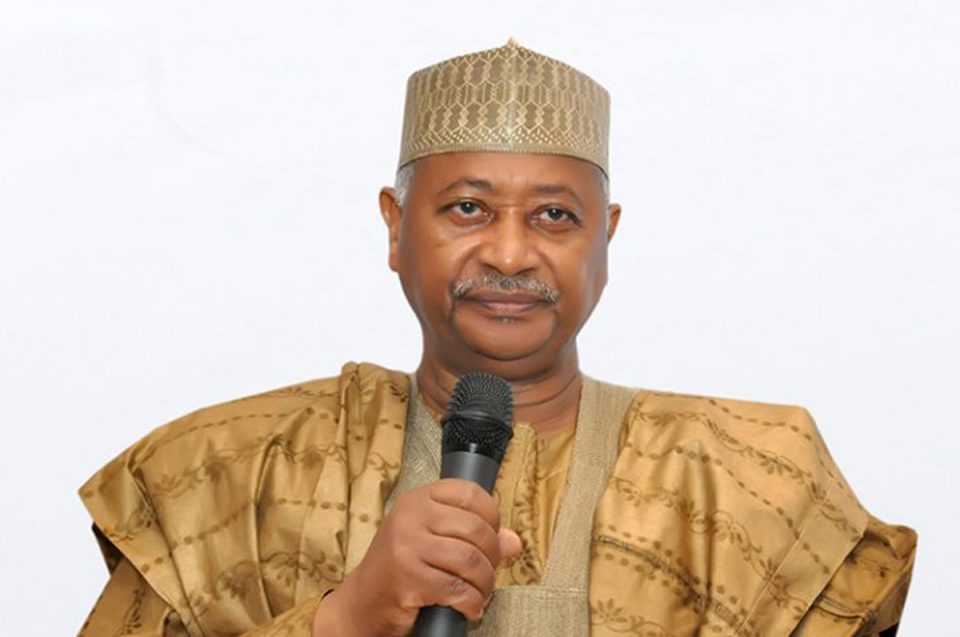The Executive Secretary of the Petroleum Equalisation Fund, Ahmed Bobboi, has said that the on-going negotiation between the Federal Government and Labour Unions over deregulation of petroleum products pump prices is delaying the implementation of 20 percent rise in the cost of transporting premium motor spirit, petrol, in the pricing template.
Bobboi, had in February disclosed that government has approved the increase in bridging cost for petrol from N7.51 to N9.11 in the petrol pricing template of the Petroleum Products Pricing Regulatory Agency, PPPRA.
Last month the Petroleum Tanker Drivers, PTD, had embarked on strike over poor remuneration due to failure by their employers, the Nigerian Association of Road Transport Owners, NARTO, to increase their wages.
But speaking to journalists in Abuja, Bobboi explained that although a temporary solution has been agreed on, the full implementation of the increase was waiting for an agreement between the government and labour over new pricing template for petrol.
He also disclosed that government is considering a scheme to pay for the transportation of gas as part of effort to encourage the use of cooking gas in homes across the country.
He said bridging or equalization for the transportation of gas will leverage on existing infrastructure used for paying for the transportation of petrol across the country.
Bobboi noted that with the declaration of the decade of gas by the Federal Government, PEF was working to expand domestic gas usage across the country
He stated that equalization and bridging have worked well for petrol distribution by ensuring stable price across the country, adding that bridging cost for gas will make it accessible and affordable for consumers.
“If it is working well for petrol, we said well government wants to promote the use of gas, if we can extend that scheme to gas we believe that it will add value to the economy in so many ways in the value chain.
“It will help in getting the consumers in those areas to accept the usage of gas and abandon the age long use of fire wood in cooking with its attendant problems and challenges including health hazards and deforestation which causes a lot of problems in the country.
“It will also make the product available because we have it in abundance in the country. It also make affordable to the people because if you incentives the marketer by paying for his transportation to take it to the last mile, the consumer will also be incentives because the marketer will bring down his price so that it will be affordable and accessible to consumer”, he explained.




